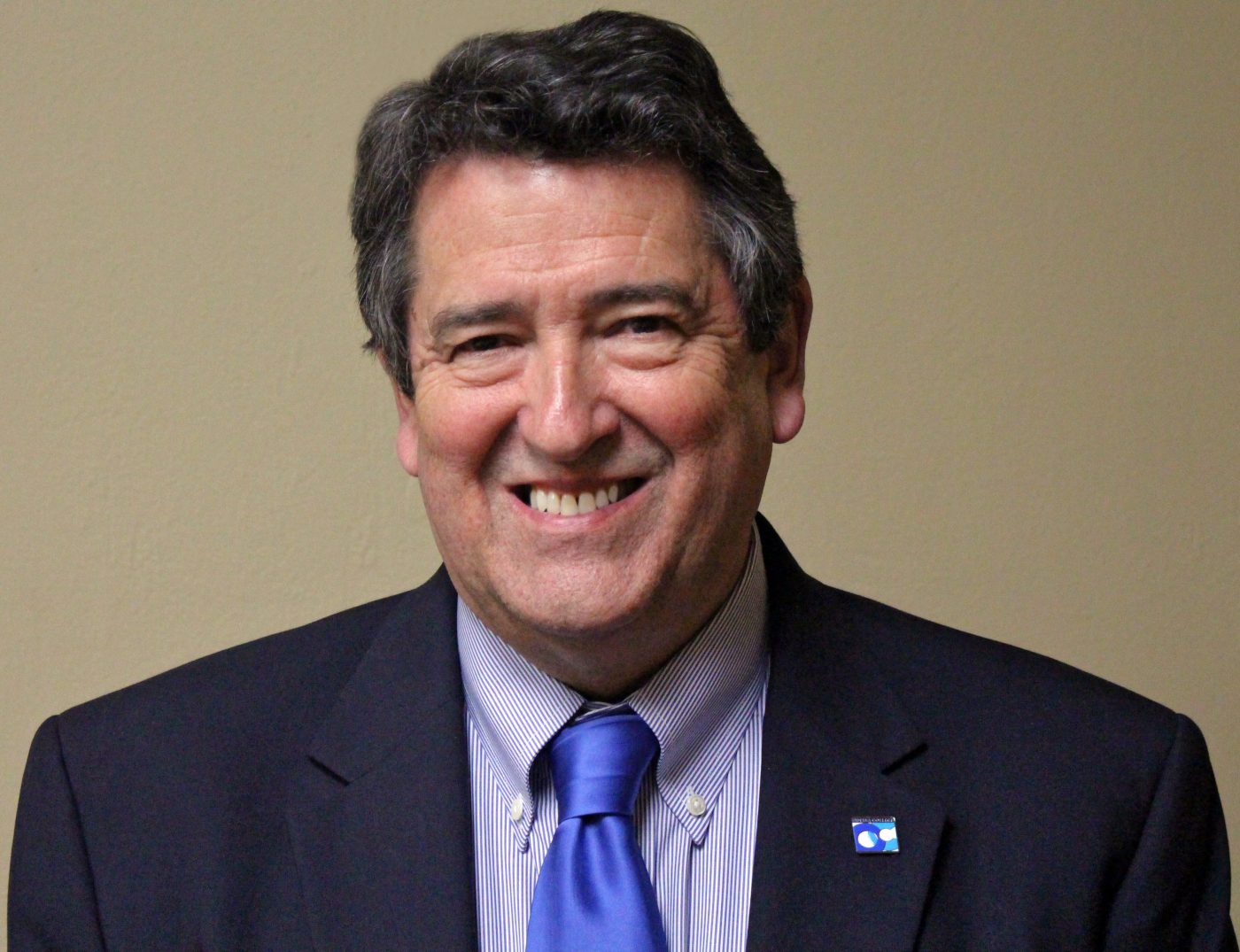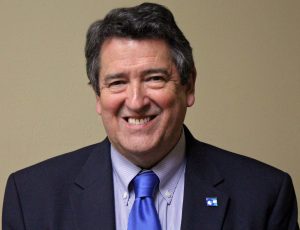Q&A: Meet the Muscular Dystrophy Association’s New CEO and President

The Muscular Dystrophy Association (MDA) announced last week it had selected former MDA vice chairman of the board Donald Wood, PhD, as the new president and CEO of the organization, taking over from Lynn O’Connor Vos.
Wood most recently was the vice president of institutional effectiveness at Odessa College in Texas; before that, he was president and chief operating officer of IntegraMed America, a fertility and medical services corporation.
In 1980, he was named director of the MDA’s Task Force on Genetics, which funded the discovery of the genetic cause of Duchenne muscular dystrophy by Louis Kunkel‘s lab. Kunkel, PhD, is a professor of genetics and pediatrics at Harvard Medical School.
Muscular Dystrophy News conducted an exclusive phone interview with Wood about his background, goals for his tenure as CEO, and how he plans to deliver treatments to a diverse disease community.
Muscular Dystrophy News: How did you first find out about MDA? What was the impetus to launch the Task Force on Genetics, and why did you partner with MDA to begin with?
Donald Wood: We started to develop technologies that allowed us to start to hone in on mapping genes and finding out where they were. As soon as that occurred, I knew that’s where I wanted to be. I went to MDA and Bob Ross, who was MDA’s first CEO. I pitched it to him and said MDA could be at the lead of all human genetic research by shifting our funding focus to human genetics. It was controversial at the time, and Bob, to his great credit, supported that idea. And that’s how the Task Force on Genetics was born.
And in 1986, when Lou Kunkel called me up and said he had it [discovery of the gene behind Duchenne], the other two labs were possibly within months of also getting it; we just happened to pick those strategies. But it was pioneering stuff. Nobody else was funding research in that space when MDA started, and I thought, we got to spend every dollar on genetics and forget all that other stuff. And I had a guy, Bob Ross, who backed it so that’s how it got started.
MDN: You are stepping into a highly influential role with the ability to change thousands of lives through research, advocacy, and support. It’s a huge weight on your shoulders, I’m sure. How are you preparing to transition into this new role?
DW: Becoming president and CEO of MDA at this time could not be more thrilling. It is not a burden. I get up in the morning and I can’t wait to get in. And the reason, again, is we are on the cutting edge of research that now we understand enough about the causes of these diseases, we are now working to develop treatments, therapies. We are truly, truly talking about a cure for a genetic disease, meaning that our researchers are able to get the gene, look at it and fix it, replace it or repair it one way or the other.
MDN: What are some of your biggest goals as CEO and president? And what are your plans to accomplish them?
DW: Well, first of all, my vision for MDA is to fulfill our mission to grow and develop the treatments and cures and focus on building our research base, because MDA, as I said, was founded because we needed knowledge in order to understand these diseases and to develop treatments for them. And I am going to continue to gain that knowledge and expand it until we develop treatments.
The second thing we’re going to do is we’re going to grow MDA. We’ve had to, obviously in the time of COVID, get a little bit smaller, and my focus is to grow it up and add even more services and support, and I look forward to doing that. I think that we’ll come out of the COVID era very strong, because we’re already preparing ourselves for that. We have strategies for expanding back into the space of fundraising using events and other kinds of things. We also have had an enormous number of new areas developed.
The telethon has given us, again, a national voice. So I look forward to working with Kevin Hart and the team in terms of expanding the telethon and increasing the voice of the telethon into the marketplace, where people who may not have heard about neuromuscular disease, gain knowledge, and we gain more support. So I see the telethon as a major building block for the next stage of the organization.
And then, people will notice, but MDA has had fellowship programs that over the years have trained scientists and physicians in the science and medicine of neuromuscular disease. I was talking to our research folks just this past week — one of my main goals is to expand that fellowship program and advance the training of scientists and clinicians. Why? Because we’re going to see an acceleration of treatments come out there, and we need medical professionals to deliver those treatments in the specialty care centers that are in the MDA network of medical facilities for patients.
MDN: How will you balance serving the needs of and getting treatment to all of the disease communities under MDA?
DW: Well, on the care side, when I talk about training more scientists and clinicians, we do have the network where they come in, and we actually are able to provide them with advanced treatments. On the research side, it’s necessary to understand the nature of a genetic disease to appreciate why an advance in fixing the genetics of one of these diseases will translate into fixing the genetics of others.
The treatment for fixing the defect will work in that defect. But that defect could occur in multiple diseases, and it will fix everybody with that defect, regardless of the disease. Even though we need to have the bulk of our research funding in the muscular dystrophies, the related disorders will benefit as we develop the registry and find out their particular genetic defect, so that as we start to fix and treat certain genetic defects in the other diseases, those patients will also be helped as well.
MDN: What did you learn from your position at Odessa College and IntegraMedAmerica that you can apply to your tenure as CEO at MDA? How will your business background best serve MDA?
DW: Jerry Lewis on the telethons would say, “What we’re trying to do is raise $1 more than we did last year.” So all organizations, including Odessa college that I’m working at now, need to pay attention to our budgets and our finances and our bottom line. And there’s a discipline to business that I think helps in organizations. I brought that discipline in terms of setting realistic budgets, etc. I brought that here to Odessa college, which wasn’t doing well. And it’s now considered one of the top 10 community colleges in the nation.
It also helps from the standpoint that we all have customers and we have to be able to serve our customers. And it’s an unusual word to use when we’re talking about people with disorders and diseases, but they’re the reason we exist. We’re a voluntary health agency. We’re created and founded to provide services ,and by knowing that exactly what we’re doing, then everything else goes to it. Pretty much the whole organization goes toward expanding and supporting those services.







